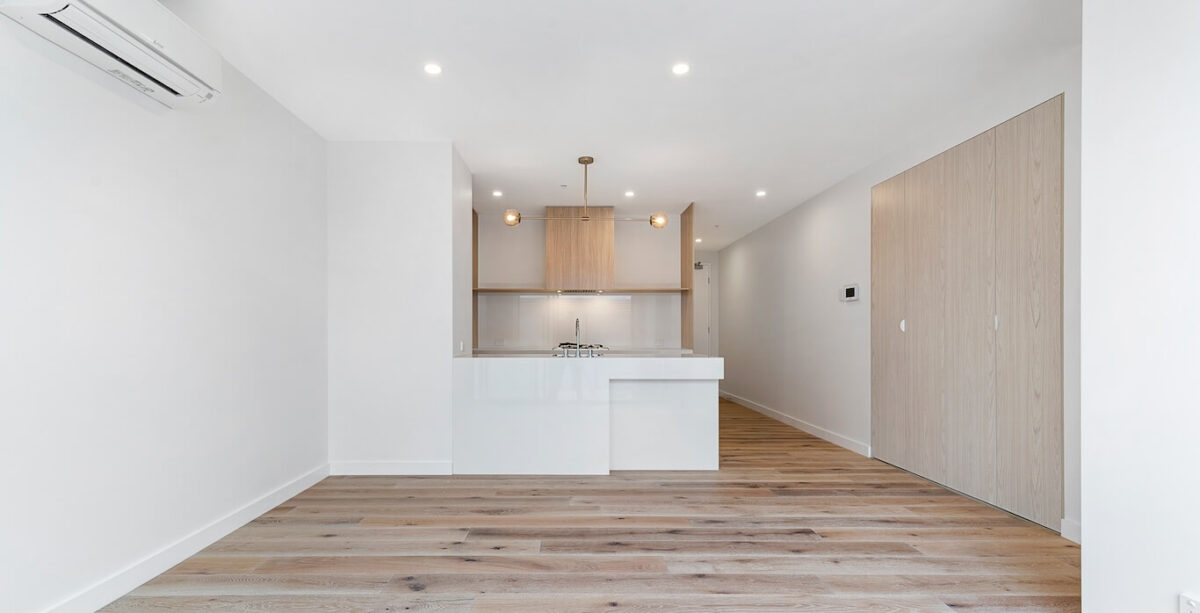Summertime sounds like no other season. From the chirping of nearby cicadas and katydids to the gentle rustling of leaves in the evening breeze, summer’s sounds are music to your ears. You welcome them! However, other summer sounds aren’t as great. They include loud parties in the unit next door, obnoxious gatherings at the pool, and common area cookouts where guests outnumber residents ten-to-one.
Such noise disturbances are almost enough to make you pray for a blizzard. (Almost!)
You don’t have to suffer in silence. That’s because you have the right (or in some states, “covenant”) of quiet enjoyment on your side.
What Does the Right to Quiet Enjoyment Mean?
It means that, as a tenant, you have the right to occupy a space without any outside party interfering with you—not even the landlord, except in rare exceptions. That interference might include someone blocking your parking spot, a repair person entering your apartment in a non-emergency without proper advance notice, or having to deal with unwanted noise.
The “quiet” in “quiet enjoyment,” is synonymous with “peaceful” and not just exclusive to noise-related disturbances. That said, it does cover issues related to noisy neighbors. Whew!
State Laws and the Right to Quiet Enjoyment
The covenant of quiet enjoyment is crucial for renters since it clearly outlines some basic tenant rights. After all, anyone paying for a place to live shouldn’t have to worry about avoidable nuisances stopping them from enjoying their apartment and apartment complex. However, keep in mind that different states have different standards when it comes to rental agreements. Here are some things to consider:
- In Arkansas, the right to quiet enjoyment is considered to be implied in lease contracts whether an agreement spells it out or not. The AR Realtors Association states as much.
- According to the Michigan Legislature, Michigan state law prohibits changes to leases unless the landlord makes such changes to protect tenants’ health, safety, and peaceful enjoyment.
- Per Vermont Tenants, the state’s law lays out that a tenant can sue a landlord for damages if the landlord “breaches a tenant’s right to privacy and peaceful and quiet enjoyment of the apartment.”
- The Texas Attorney General, states that if you rent an apartment in TX, the right to quiet enjoyment means your landlord must meet specific criteria before evicting you or disturbing your right to peace and quiet (which means they must also protect your “quiet enjoyment” from other tenants’ actions).
Even if you cannot locate a provision in your lease agreement covering quiet enjoyment, the laws of your state likely protect you to some degree. Consult with a local attorney or do an online search for “(Your state) right to quiet enjoyment,” if you feel it’s necessary.
Before you take that step, keep reading for some suggestions on what to do about loud neighbors and other violations.
What to Do With Right to Quiet Enjoyment Violations
Remember, the right to quiet enjoyment protects you from more than just loud neighbors. Even if your neighbors are pretty mellow, you and other tenants may be impacted by utility cutoffs, unannounced maintenance visits, and sidewalk obstruction—all of which may be considered a breach of the covenant. On the other hand, if you have noisy neighbors that party late into the evening, or quiet neighbors that have a very loud dog, you’re also entitled to complain to your landlord.
- Before lodging a formal complaint, and in the interest of being friendly, try talking to your neighbors directly—chances are they don’t even realize how loud they are.
- If that doesn’t work, consider implementing these tips for soundproofing your apartment. (Imitate your favorite podcast pros and install some DIY acoustic panels.)
- If patience and plenty of soundproofing don’t do it for you, you’ll need to file a formal noise complaint. Send the complaint to your landlord via email or certified mail for easier, foolproof recordkeeping that can be called upon if you need to involve your state’s tenant council.
- When you need a more immediate fix, call your apartment’s courtesy patrol or your city’s non-emergency phone line to get the authorities’ help shutting the noise down.
What To Do When Noise Silences Your Right to Quiet Enjoyment
Are you losing the fight for your right to quiet enjoyment? If you fear ongoing battles to ensure quiet apartment hours, you have choices!
Reclaim your sleep (or your reserved parking spot) by finding a quiet apartment for rent with ApartmentSearch.com.



